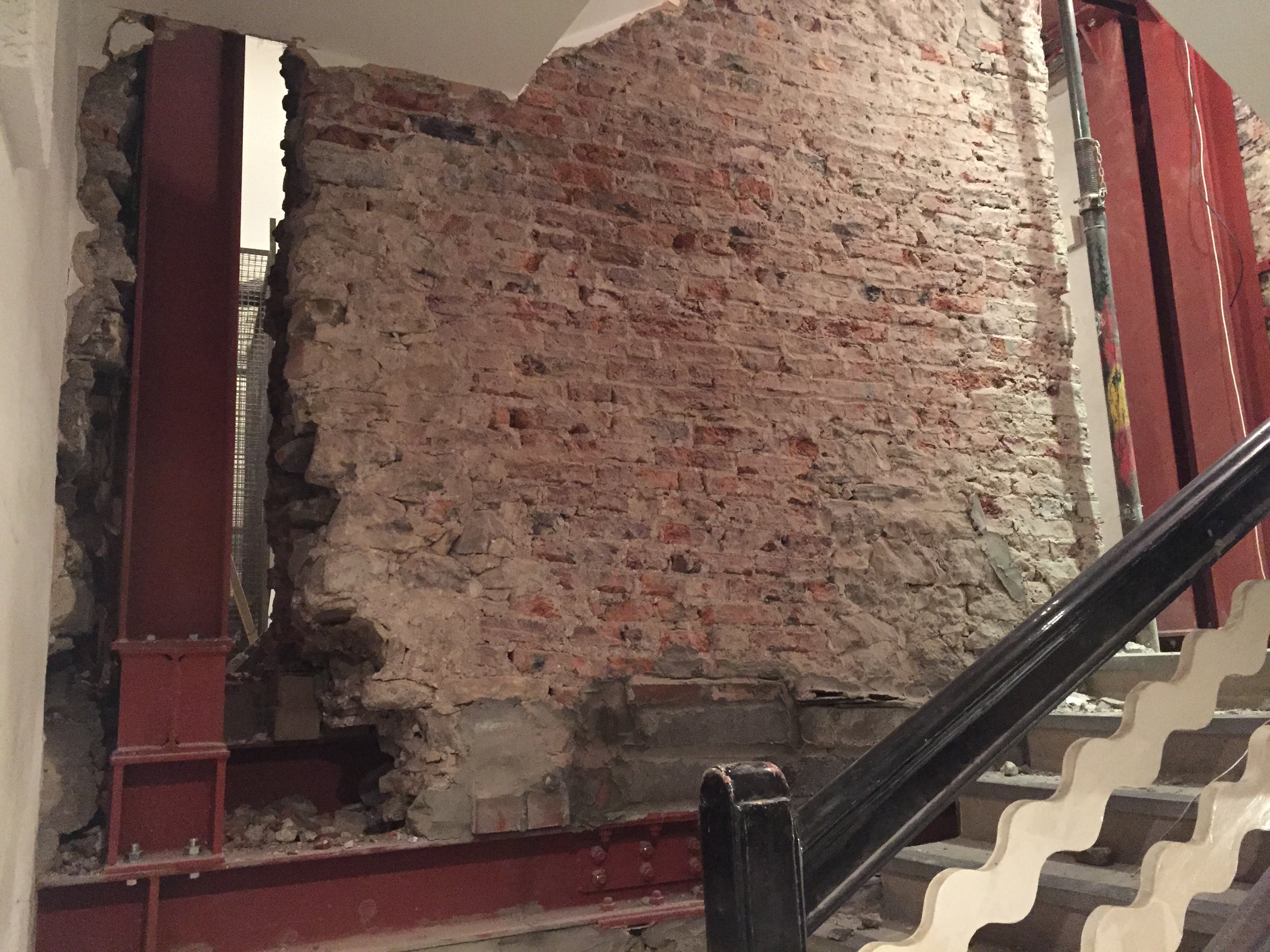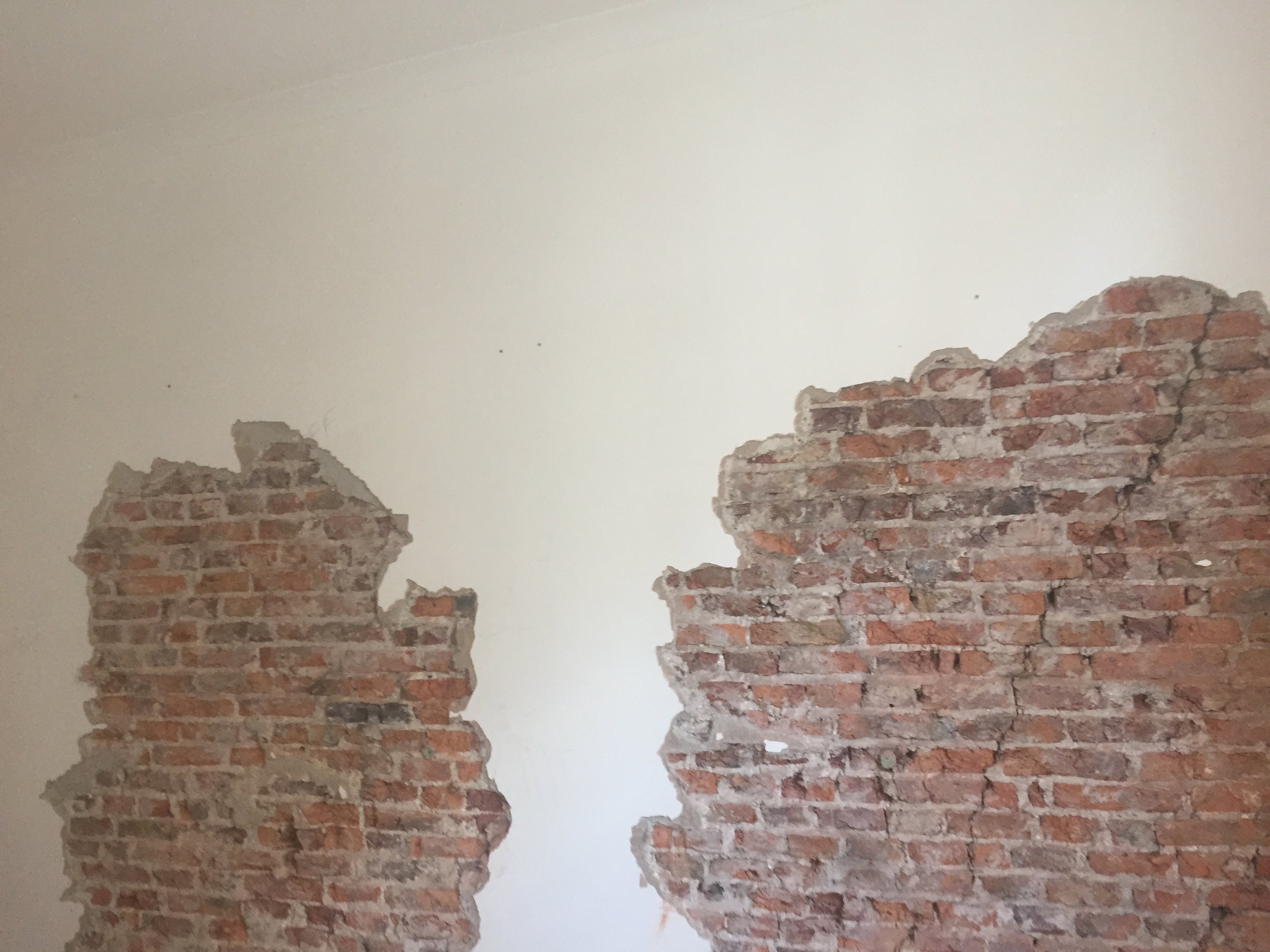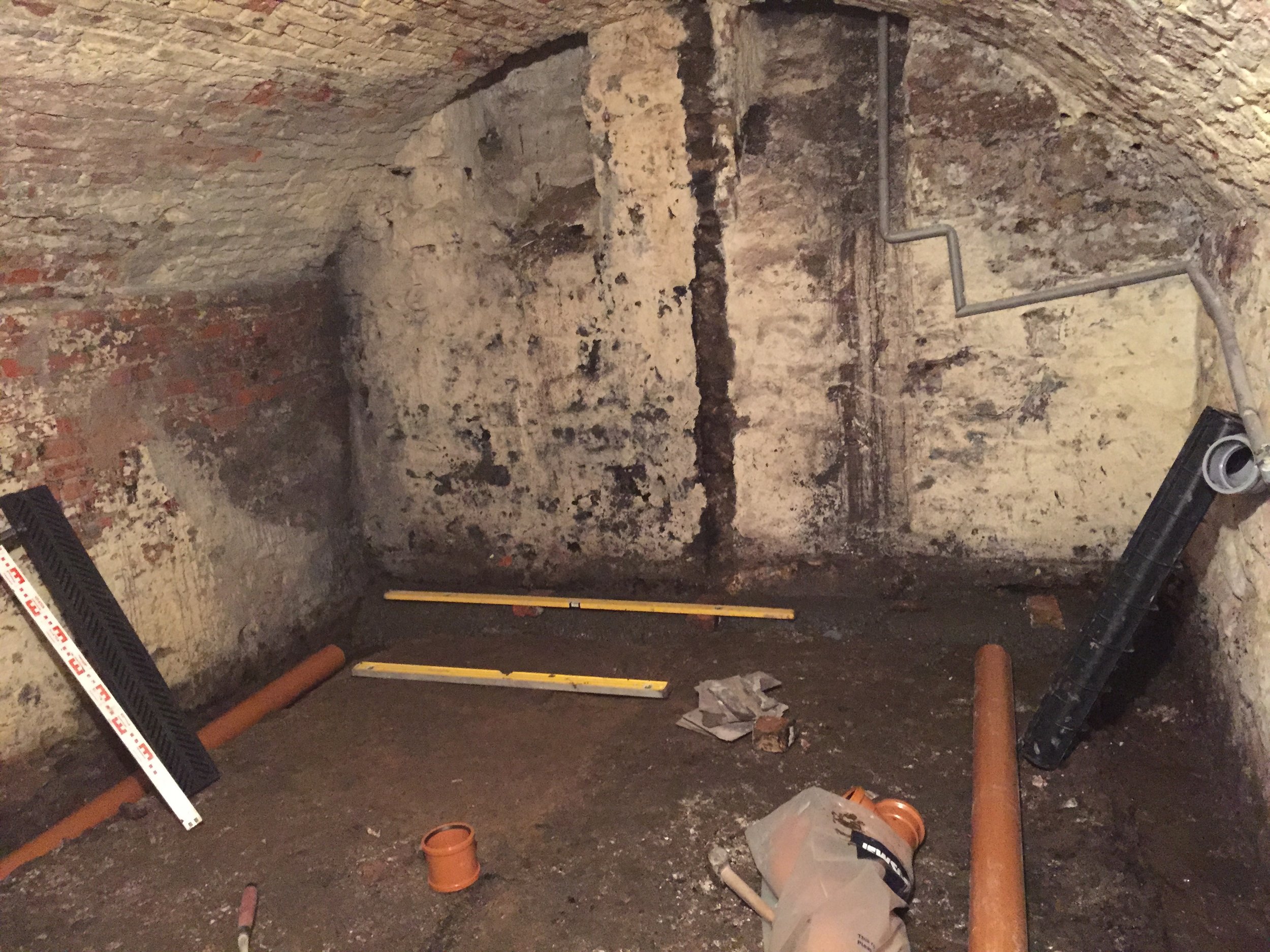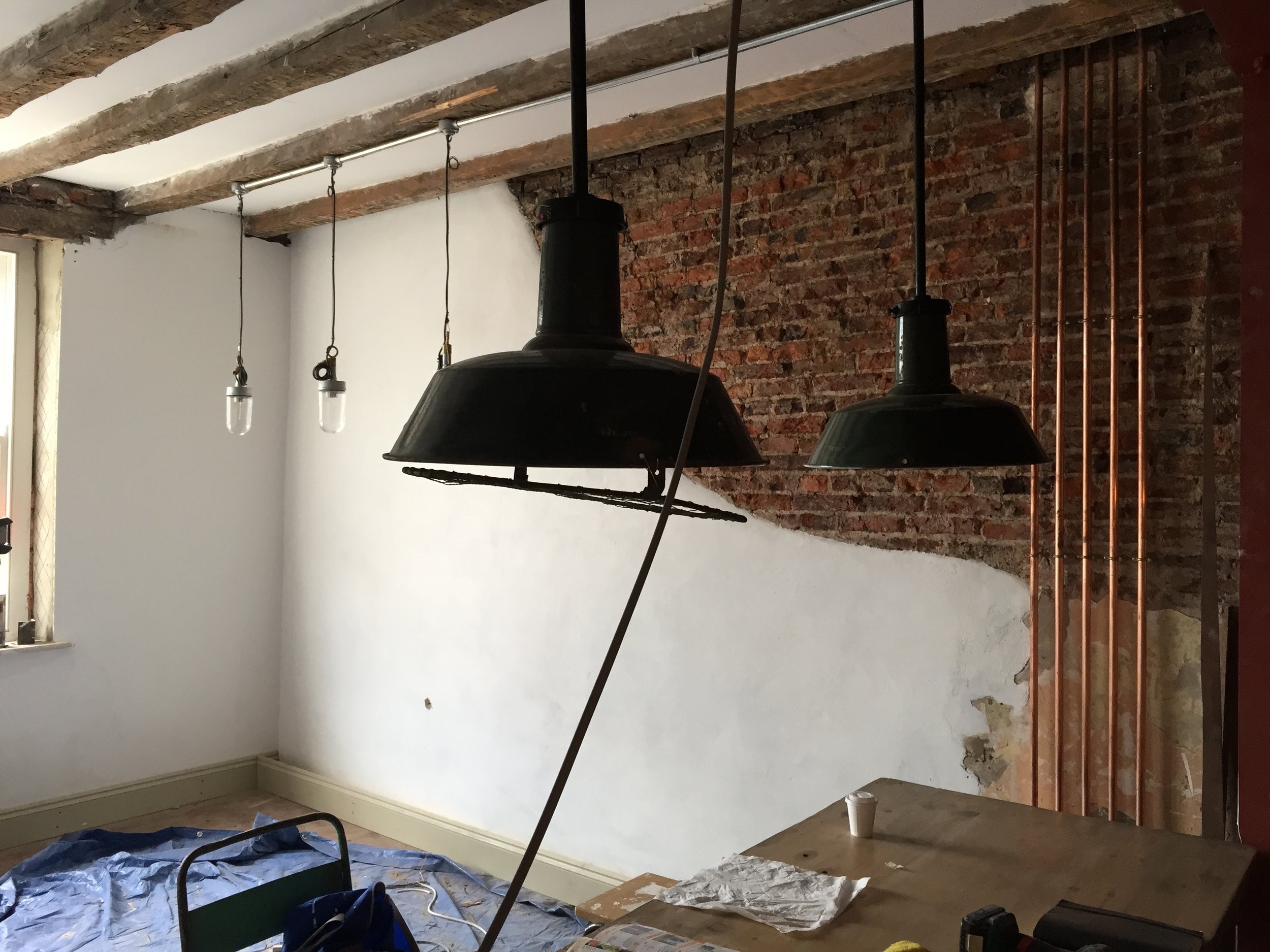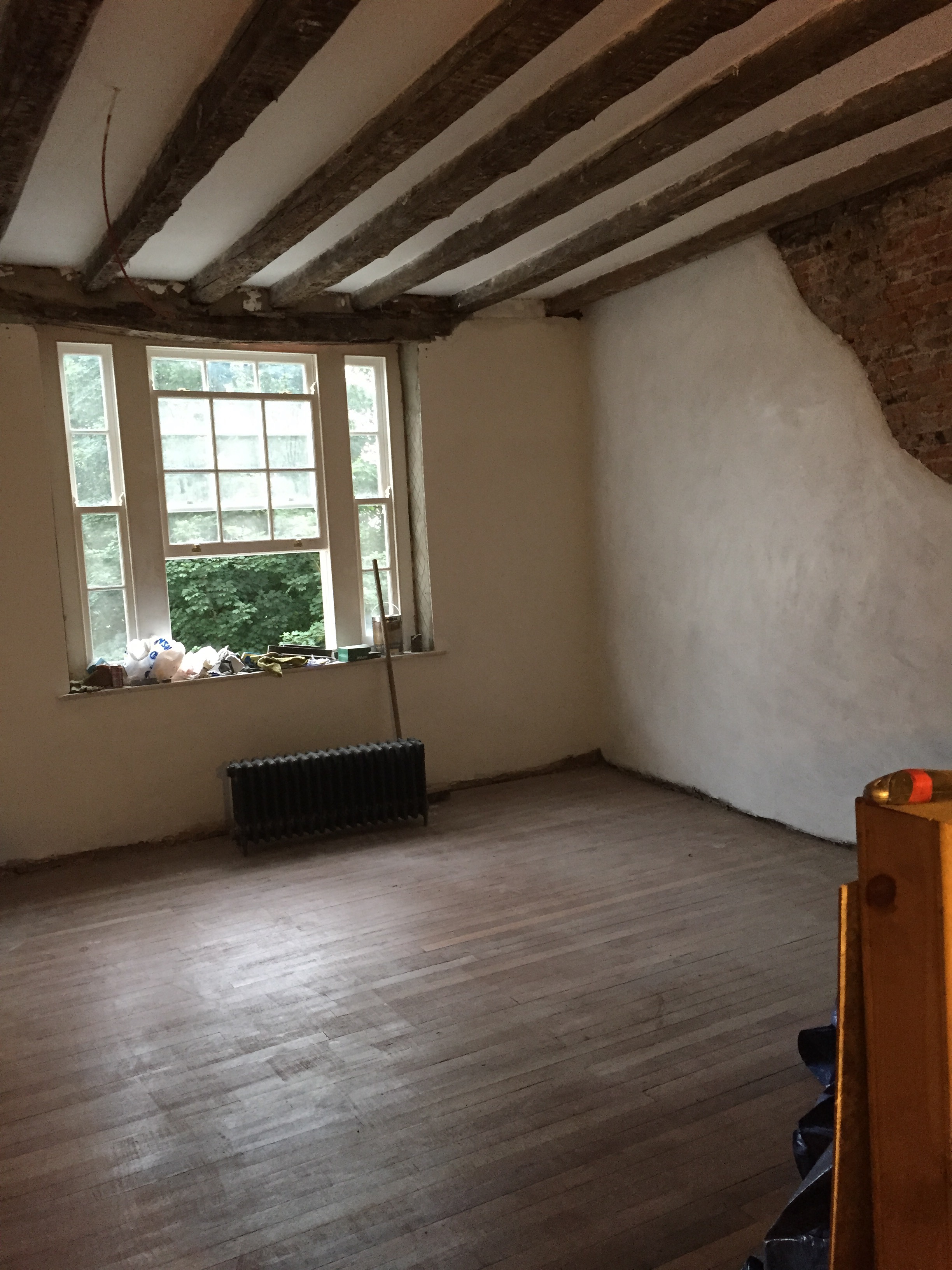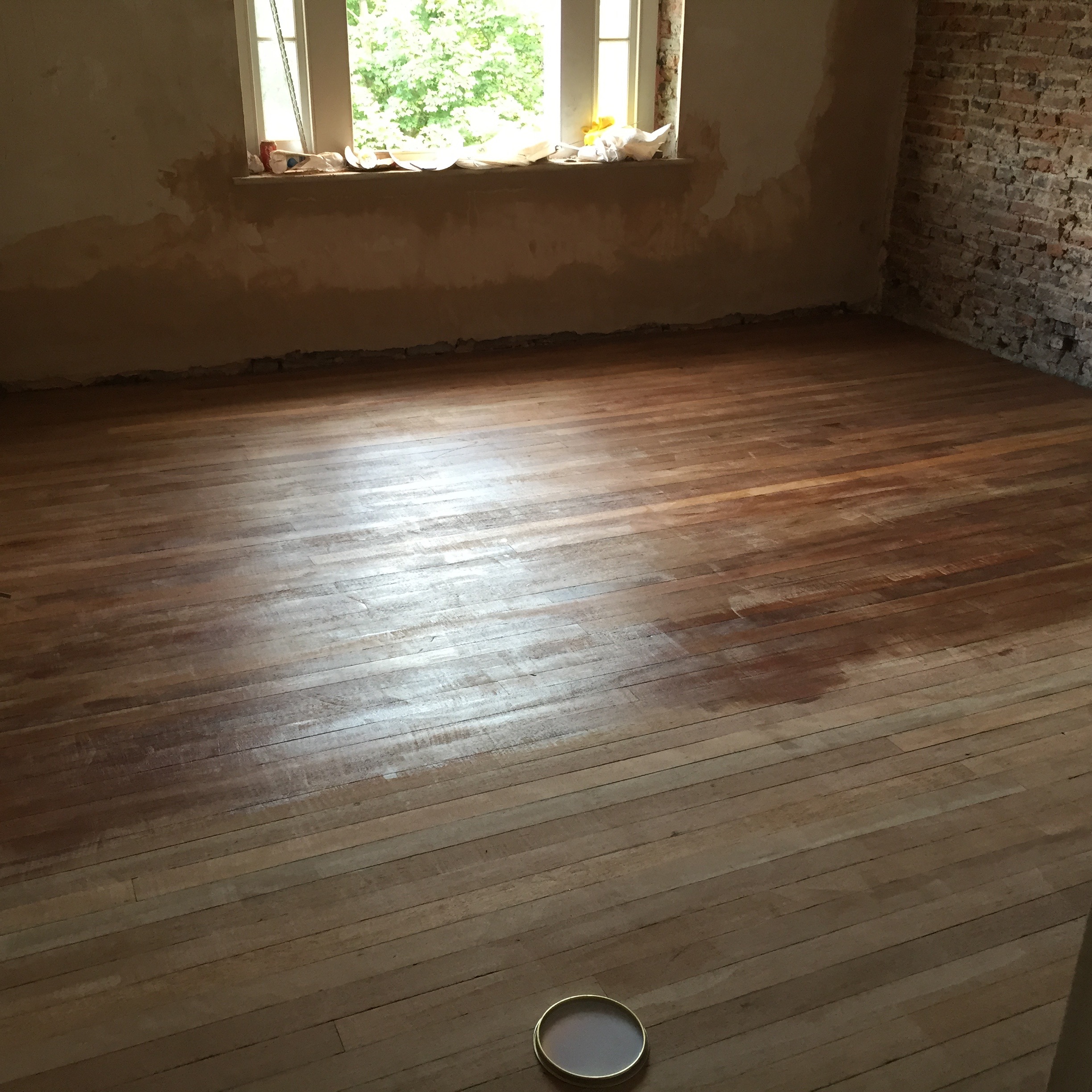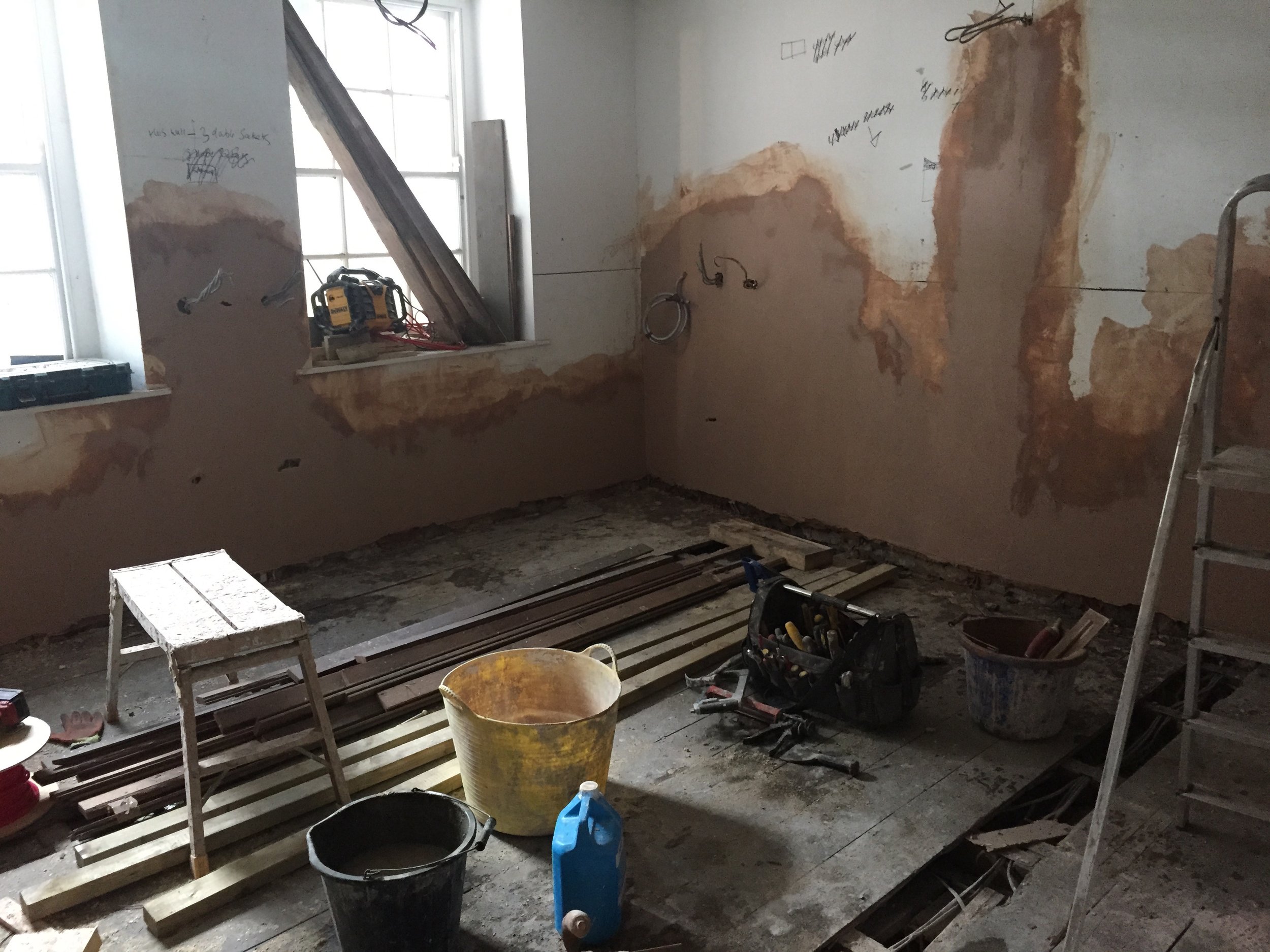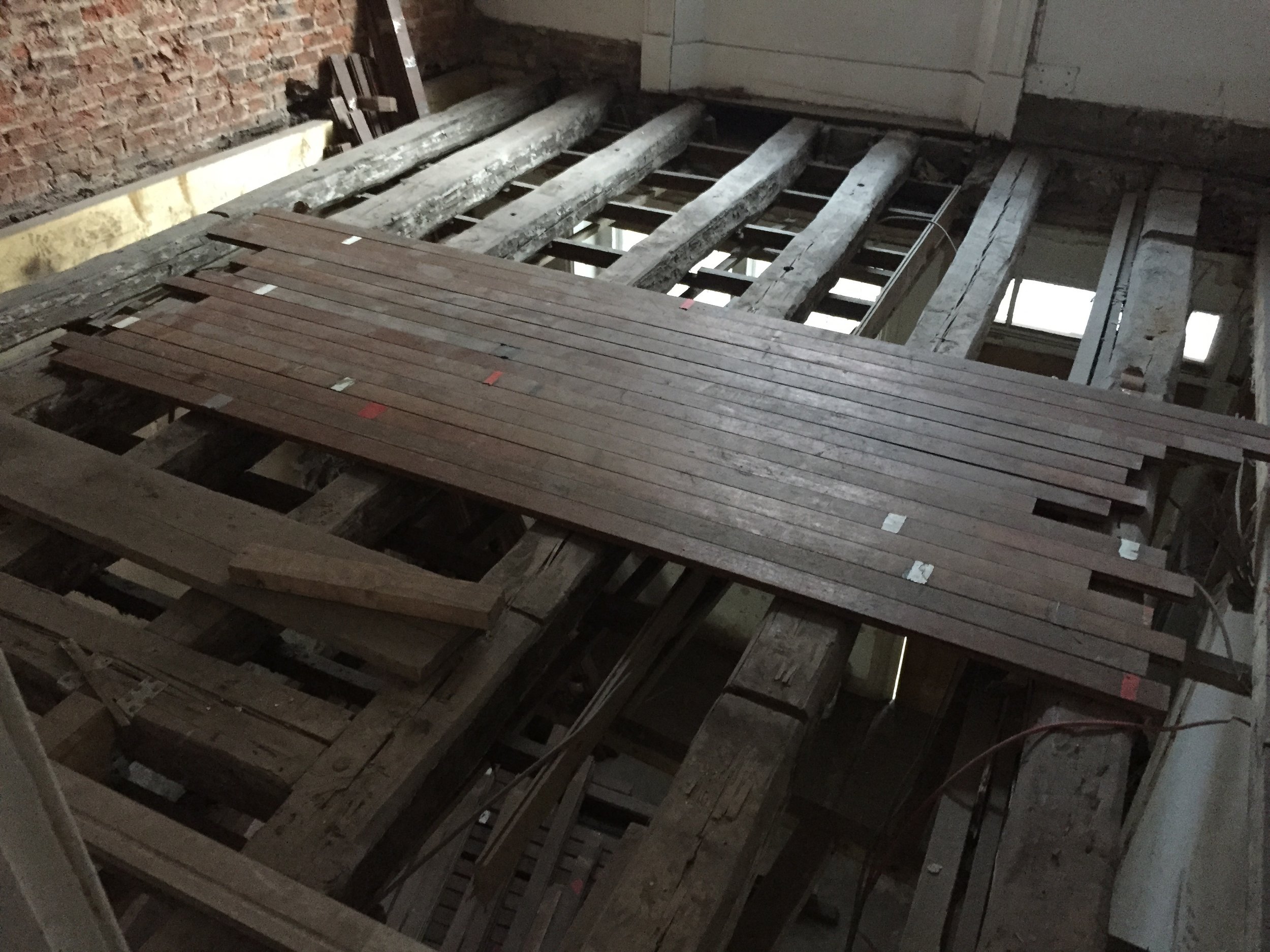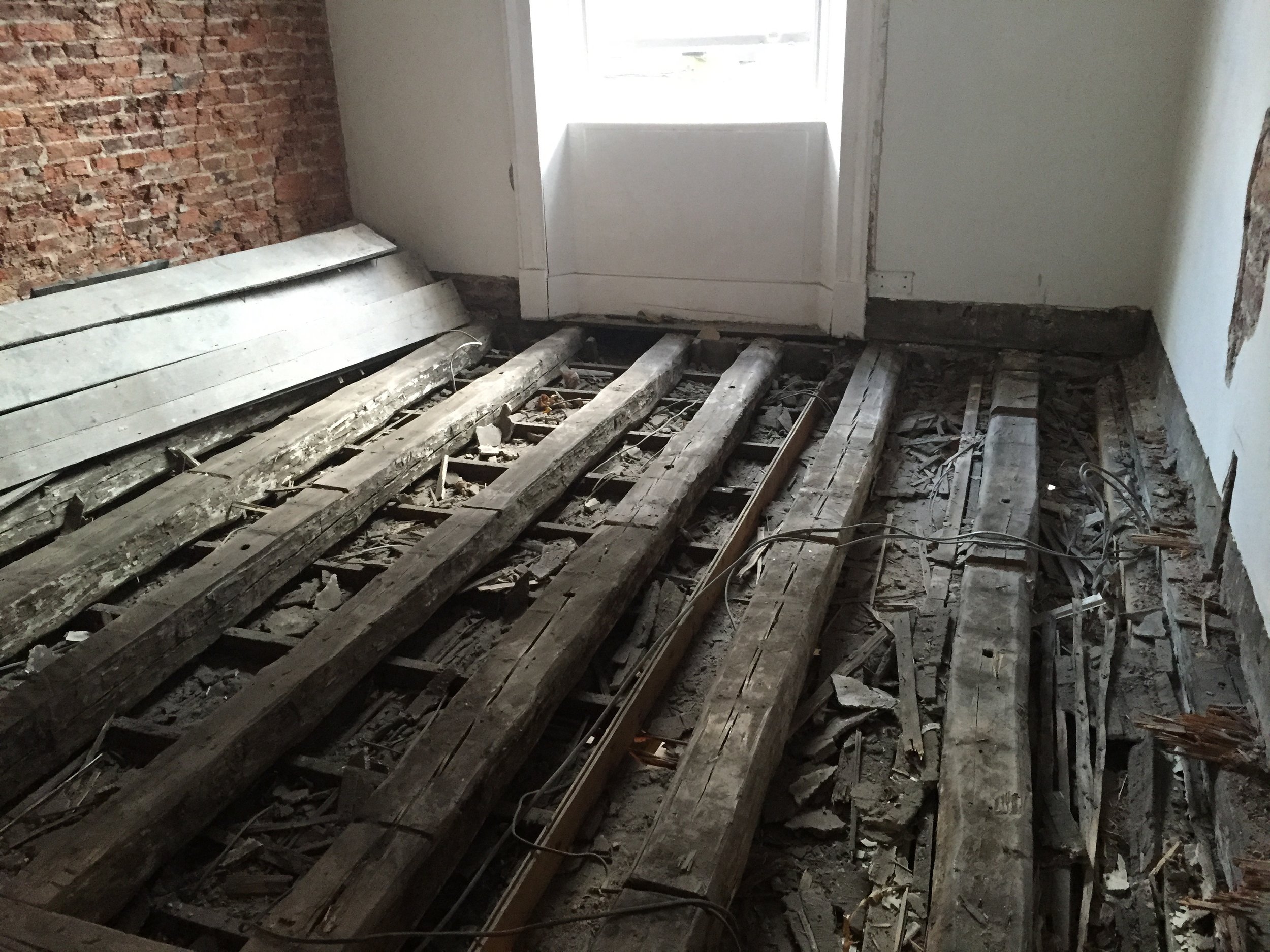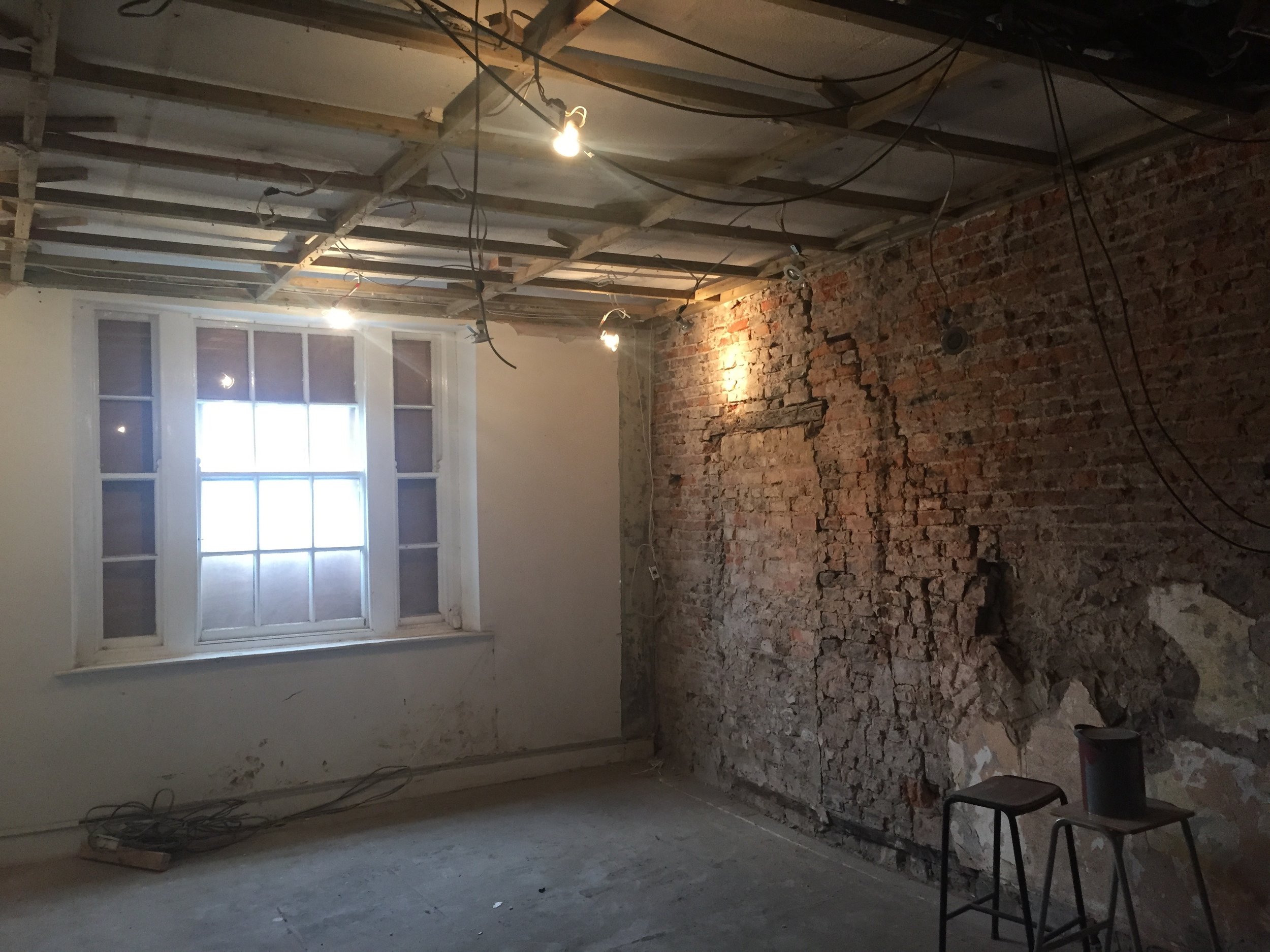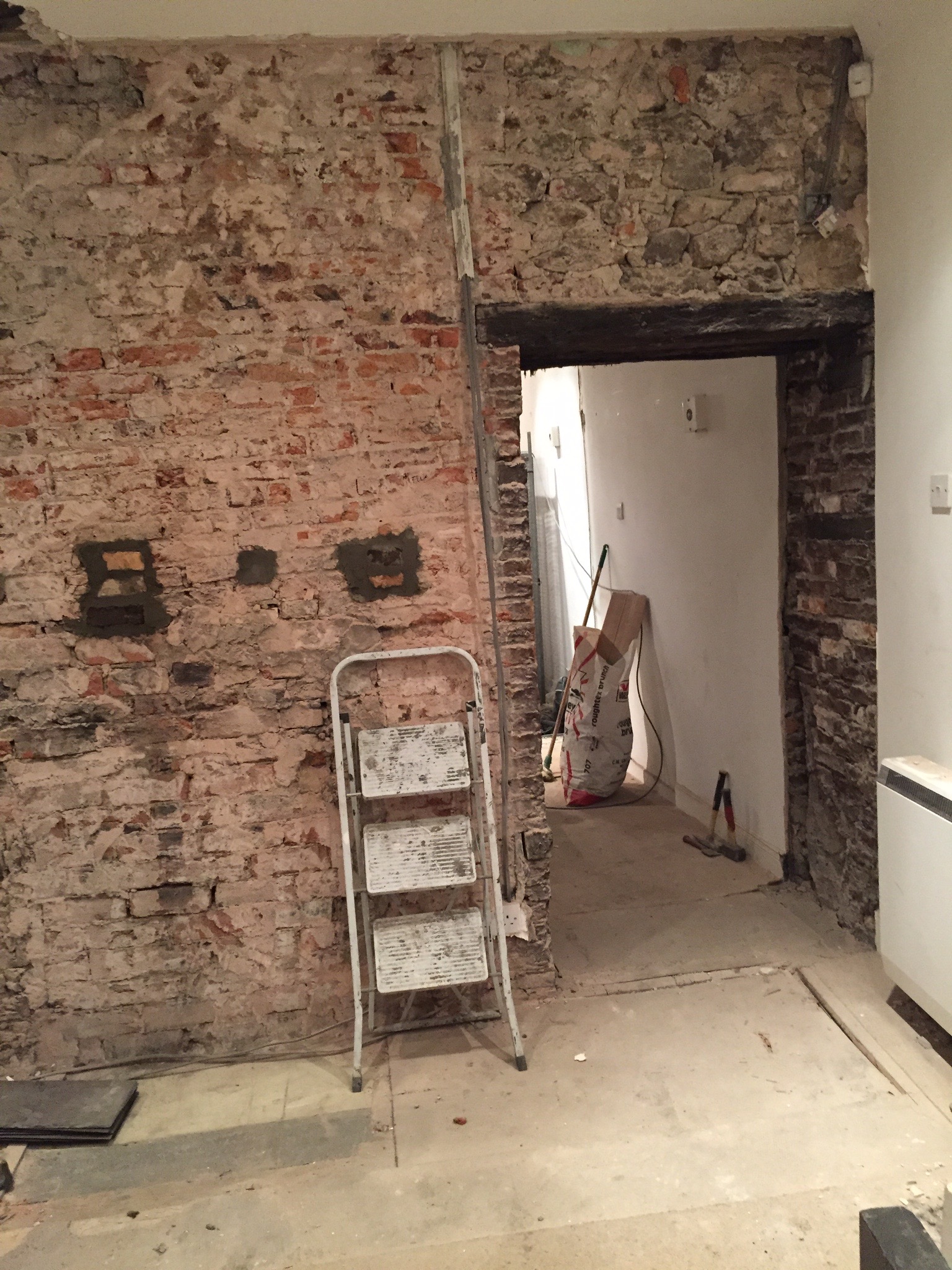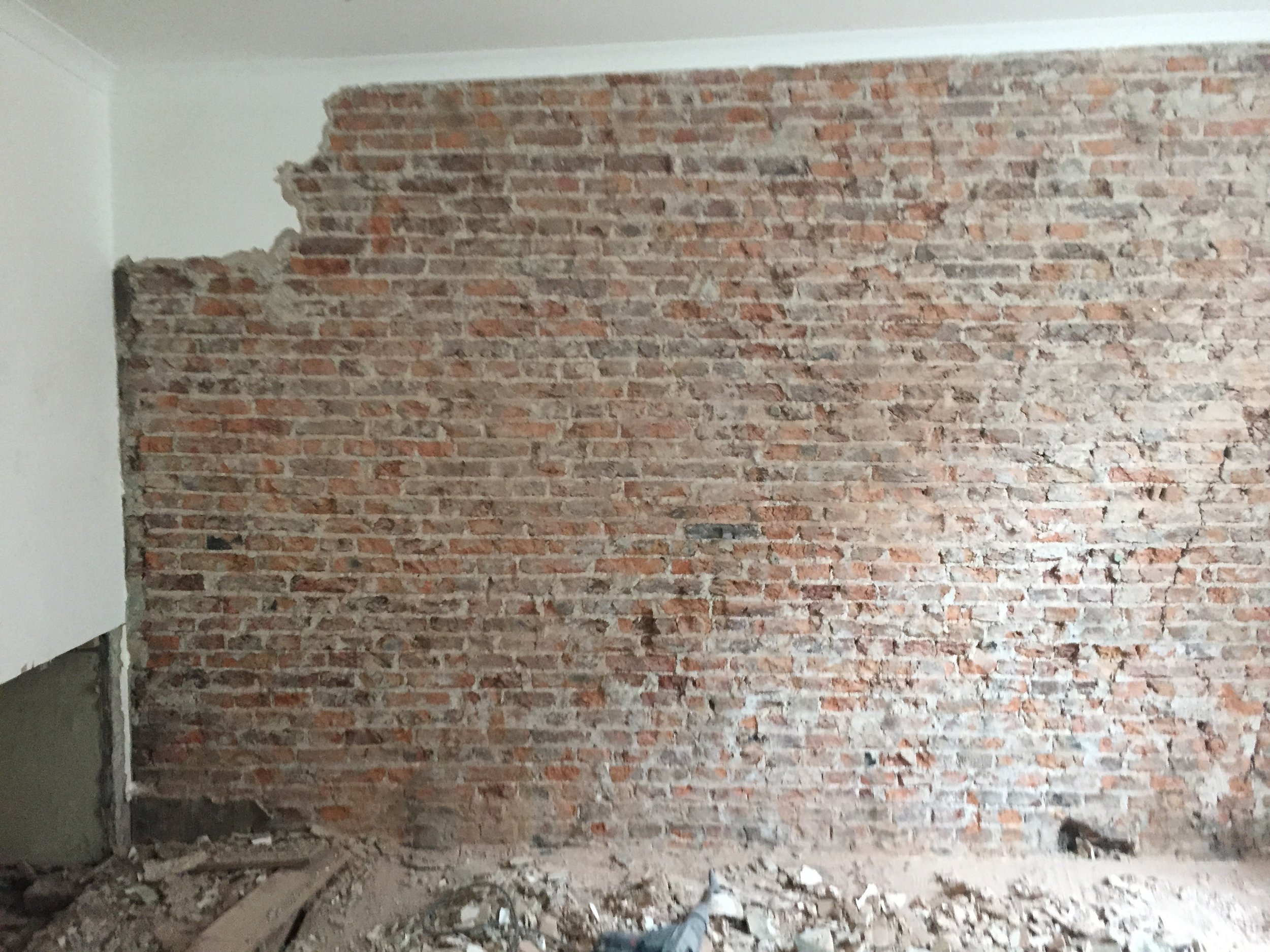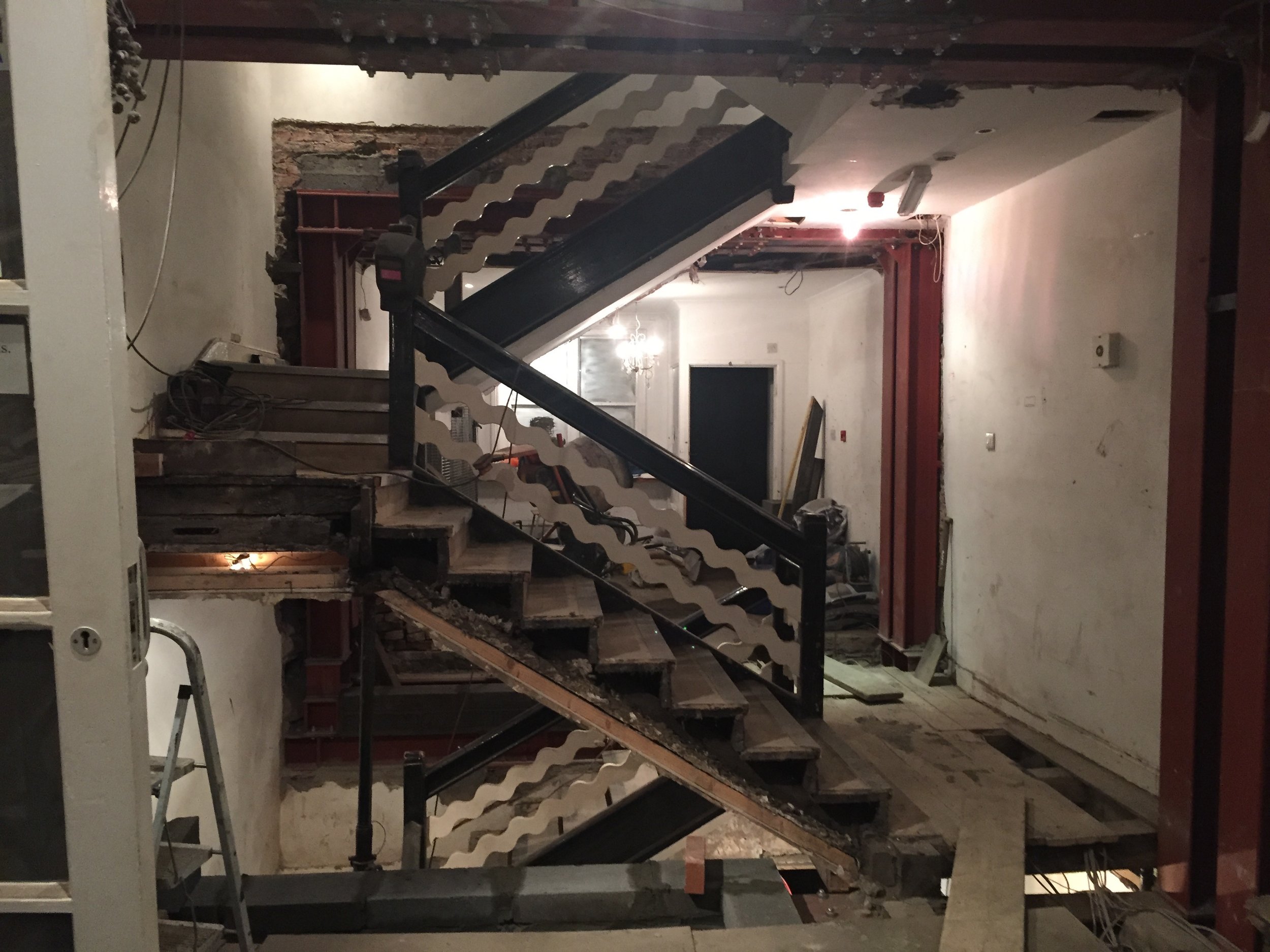
"Sitting pretty toward the top of Saddler Street, this airy, forward-thinking bistro has already established itself as the go-to brunch spot in the city... and feels like it's settled into the fabric of the city for the long haul."
Living North
Our building is a five-floor mix of underground rooms, cosy hideaways, light dining spaces and a secret garden. Flat White Kitchen, much like the café, is in a state of continuous metamorphosis.
Our convenient location, within throwing distance of Durham’s iconic Cathedral and Castle, makes us the perfect stop to rest your treat your self to a coffee or indulge in a slice of our delicious cake, baked on-site daily.
Our History —
One of the questions most regularly asked by Flat White Kitchen customers is ‘What did this building used to be?’. In a bid to fully answer this question we issued a Call to Action and one of our customers, Margaret Ray, has kindly researched into the building’s history.
Flat White Kitchen 1860
“Maps from the 1860s show an opulent garden leading from the back of the building”
What we know —
We know the building itself was erected in the late 1600s and that the staircase was constructed in the mid 1700s and is itself Grade 2 Listed as a classic example of interior architecture of the time. The facade that looks out onto Saddler Street is likely to be from the earlier parts of the 1800s.
Our Staircase
Census records earlier than 1841 were basic headcounts rather than accurate records of inhabitants and ownership. We know that in 1851, the building belonged to George Smith and was a dwelling as well as housing his Solicitors firm.
Maps from the 1860s show an opulent garden leading from the back of the building and onwards to the river. Information available to us suggests that this walled garden was located adjacent to where Klute is now.
In 1873 the building was sold to James Chambers, a solicitor and Clerk to Durham & Chester-le-Street Highway Board. James was the son of a shoemaker who was based on Claypath. The picture below is an official portrait of Mr. Chambers. His wife, Jane, was the daughter of Alderman James Fowler, who was Mayor of Durham in 1872/3, 1881-4 and 1886-7.
The building changed hands once again after his death in in 1924 and ownership moved to Frank Kirby, also a Solicitor and Clerk to Durham District Council.
As the Second World War began, the building was turned into tenements. A census shows an H. Bell, an Isabella Williamson, a T. Wilson, a Sarah Bowes and an A Caulfield as well as W. Gray & Son, who are still robe makers for Durham University and who most likely rented a room for storage in the building.
By 1962, the building had been split into at least 3 offices, belonging to Audrey Gallon, a contractor, HJ Wilson, a journalist and Durham Typewriting and Duplicating Agency.
Following that, the building is believed to have been used for overnight accommodation for people employed by British Rail. Following this, the building was rented by Oxfam until they moved to Elvet Bridge. After Oxfam came the Renovation Store who changed their name to Wild & Funk after opening.
Two years after Wild and Funk’s departure, Flat White Kitchen moved in and the rest is history...
We wouldn't have been able to find this out ourselves; a huge thank you must go to Margaret Ray for all of the hard work she put into researching our building.
Our Renovation —
Meet Peter & Patrick —
Patrick and Peter started Flat White Café aged 24 and 22 respectively. After growing up and studying in Durham, the two travelled extensively following their education. After returning they found themselves working in Durham’s very own Gala Theatre & Cinema wondering why our city lacked a high quality independent, barista-led café in the glut of tourist-facing cafes or high street chains.
It was here that the idea for Flat White was born. Building on their barista training in Australia and New Zealand, they honed their craft, saved up a small pot of money and signed their lease for 21a Elvet Bridge, formerly Elvet Pizzeria. They carried out the majority of the work themselves alongside their full time jobs.
In December 2010, Flat White Café opened one snowy Saturday. Locals, tourists and the University populations opened their hearts to Flat White Café and in October 2015, after months of labouring, Flat White Kitchen was opened to provide high quality food and drink to Durham. And now, some nine months on, the two can still be found working behind the coffee machine ensuring that the original dream, to be the best for everyone, remains alive.

